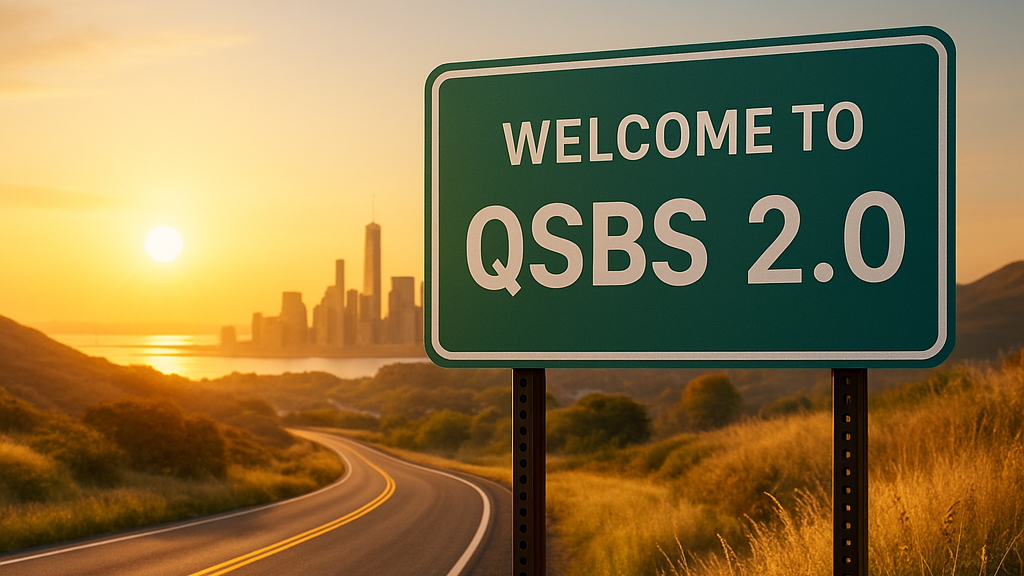
Welcome to QSBS 2.0
On July 4, 2025, the One Big Beautiful Bill Act (OBBBA) ushered in a new era for QSBS.
There are now two regimes: stock issued before OBBBA follows the legacy QSBS rules (max benefit ~$2.38M per eligible taxpayer), while stock issued after OBBBA is under QSBS 2.0 with phased exclusions at 3/4/5 years (50%/75%/100%) and a higher cap (~$3.57M). Some states may also offer additional savings.
What Changed?
Post–July 4, 2025 issuances only; exclusion cap rises to $15M (inflation-indexed from 2027), benefits phase in at 3/4/5 years, gross-assets threshold increases to $75M, and U.S. R&D expensing applies (retroactively in some cases).
How did this come about?
OBBBA built on the Kustoff proposal by adding phased exclusions; further legislation and IRS guidance are expected to address items like convertibles and implementation details.
Navigating the New Rules
Track eligibility across issuances in both regimes, monitor aggregate gross assets, and time SAFE/convertible conversions to take advantage of the phased benefits and higher per-taxpayer cap.
What Changed?
QSBS 2.0 applies to stock issued on or after July 4, 2025. The new regime brings earlier benefits, a higher cap, and expands when stock can qualify.
- Increased benefit: Per-taxpayer exclusion cap rises to $15M (up from $10M), and will be inflation-adjusted starting in 2027.
- Faster access to benefits (phased exclusions): 50% at 3 years, 75% at 4 years, 100% at 5 years (for applicable stock).
- Broader eligibility window: Aggregate gross assets threshold increases from $50M → $75M at issuance, with inflation adjustments beginning in 2027.
- R&D expensing (domestic): U.S. R&D can be expensed, retroactively in some cases; foreign R&D remains capitalized.
How did this come about?
The One Big Beautiful Bill Act (OBBBA) represents the largest expansion of QSBS since the 2010 move to a 100% exclusion. It incorporates the Kustoff proposal’s phased exclusions beginning at year three.
Items not included in OBBBA (e.g., clearer treatment for convertibles and expansion beyond C-corps) may be addressed in future legislation. IRS guidance is also expected on implementing OBBBA and related QSBS rules.
This article does not constitute legal or tax advice. Please consult with your legal or tax advisor with respect to your particular circumstance.
